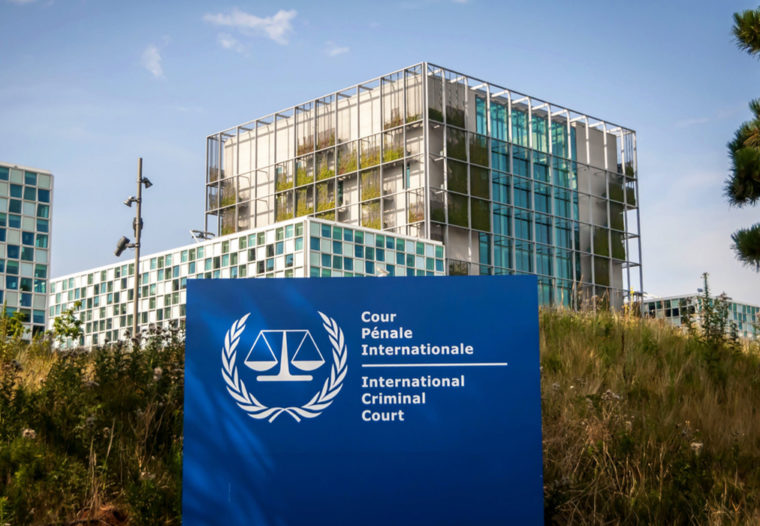The International Criminal Court Jurisdiction
May 11, 2023
This paper discusses the International Criminal Court's jurisdiction and its implications for international criminal law.
The International Criminal Court (ICC) is an independent body of judges at The Hague in the Netherlands, established by the Rome Statute of 1998 to prosecute individuals who have committed serious crimes on a global scale such as genocide, war crimes, and crimes against humanity.
The ICC's jurisdiction is built upon principles of complementarity and mutual respect which allow states to investigate violations on their own soil before referring cases to the court when deemed appropriate. Furthermore, it has been granted authority to investigate cases even without a referral from a state if there are reasonable grounds that genuine national proceedings were not conducted or were unsuccessful.

This paper will argue that the ICC's jurisdiction is limited by the scope of its investigatory capabilities, which are dependent on the cooperation of states and other stakeholders in order to effectively enforce international criminal law. Furthermore, it will discuss how the ICC's jurisdiction may be further undermined due to competing legal systems at regional level, as well as political considerations that often interfere with decision-making regarding international justice.
The ICC's jurisdiction encompasses only those cases referred to it directly or indirectly by state parties who have ratified the Rome Statute. Thus, unless a country has agreed to cede jurisdictional power to the court, it cannot conduct investigations nor can it prosecute individuals suspected of committing crimes within its borders without first being invited by that country’s government. This means that there is no universal jurisdiction enforced by the ICC, and that its impact on international criminal law is limited.
In addition to this issue, the ICC's jurisdiction is hindered by competing legal systems at regional level such as the EU or African Union courts which can take priority over international justice. Furthermore, political considerations are increasingly influencing decision-making regarding international criminal law and justice, often leading to delays in proceedings.
Finally, due to a lack of resources and capacity within the court itself, there remain questions about its ability to investigate cases from around the world without the support of states and other stakeholders. This reduces its effectiveness in enforcing international criminal law on a global scale.
